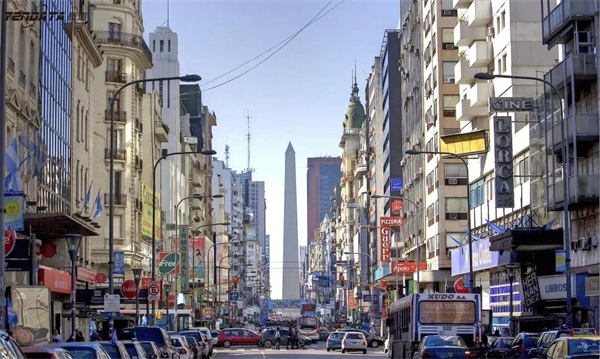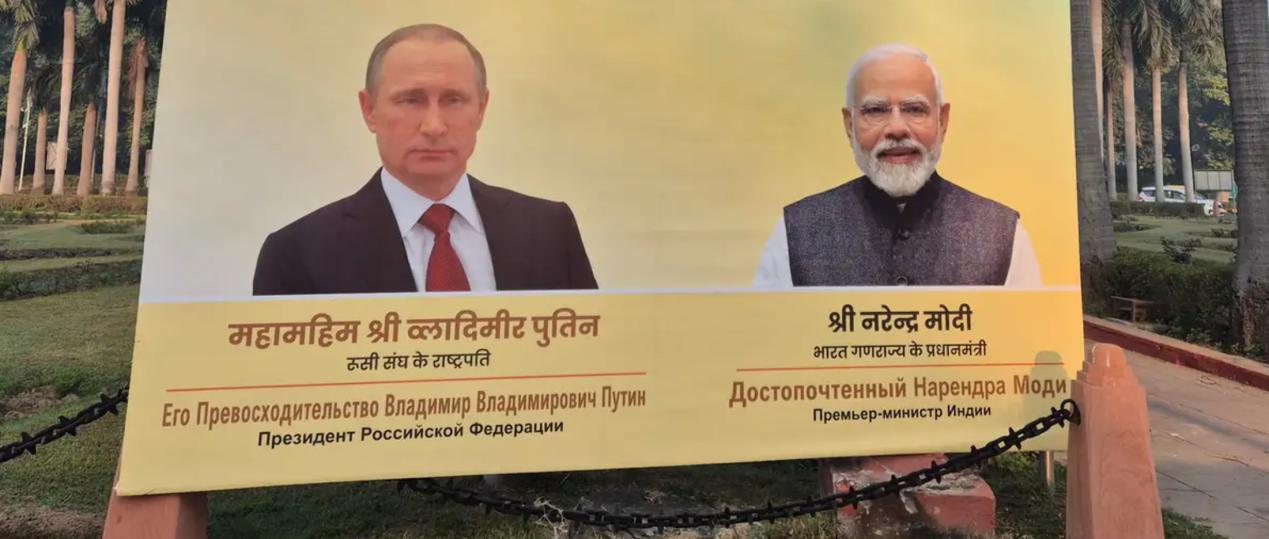
Argentina's new government last week announced what it calls "shock therapy" economic policies to combat recession, high deficits and rising inflation. The impact of the new policy is being felt quickly, but its "curative effect" on the Argentine economy is difficult to predict.
On December 12, Argentina's new economy minister Luis Caputo announced a series of economic new policies that seemed very radical to the outside world, including cutting a variety of public spending, reducing the number of government departments from 18 to 9, reducing government subsidies for energy and transportation, halting tenders for new public works, and temporarily raising import taxes and withholding taxes on non-agricultural exports. At the same time, the new government will sharply adjust the official exchange rate of the Argentine peso to 800 pesos per dollar from 365.5 pesos at the close of the day, and relax import controls.
On the eve of the policy announcement, Argentina's new president Milley made it clear when he took office on December 10 that, lacking the funds to implement gradual reforms, Argentina could only alleviate the economic crisis through "drastic and painful fiscal shock therapy." "Shock therapy," he claimed, would be the "last bad drink" after which Argentine society would be able to get on lightly. These policies reflect the new Argentine government's attempt to reduce the fiscal deficit by rapidly "saving money", but the side effects are very severe.
The impact of the new policy was felt quickly after it was announced. In Argentina, the peso exchange rate on the private black market has plummeted to the level of 1,080 pesos per dollar, and prices have risen rapidly in various places, with the price of goods rising by 100% in some areas. As of December 16 local time, 11 provinces in Argentina have declared a state of economic emergency. In addition, Argentine trade unions and social movement groups warned that "the path now chosen will destroy Argentines" and called for an emergency meeting to discuss the response.

Some analysts pointed out that the radical policies of the Millay government to win the election and cater to the public, but also reflect the plight of Argentina's economy. For many years, Argentina has implemented an economic model of exporting agricultural products and substituting imports for industrialization. Although agriculture is rich in resources, it has never established an industrial system suitable for its sustainable development, and its economy is highly dependent on foreign countries. The export prices of agricultural products and the prices of imported commodities are highly susceptible to fluctuations in the international market and even the weather. Since the beginning of this year, Argentina has suffered from severe drought weather, and the foreign trade of agricultural products, mainly wheat, soybeans and corn, has declined significantly, resulting in its current account surplus to deficit. Long-term high welfare expenditures and excessive fiscal subsidies have led to out-of-control government spending. In addition, the impact of the epidemic in recent years and the aggressive interest rate hike of the Federal Reserve have pushed up the exchange rate of the US dollar, significantly increasing Argentina's debt burden and imported inflation. The combination of these factors has led to high fiscal deficits and near-runaway inflation.
On December 13, Argentina's National Institute of Statistics and Census released a statistical report showing that the inflation rate reached 12.8% in November, and the cumulative inflation rate over the past 12 months increased to 160.9%. Argentina's central bank has raised interest rates six times this year to combat inflation, sending the benchmark rate soaring to 133%. The International Monetary Fund (IMF) predicted in October that Argentina's economy would grow by -2.5 percent in 2023. The IMF said Argentina should adopt more stringent fiscal and monetary measures to balance economic indicators. From Argentina's economic data, we can see that the Millay government has a reason for introducing radical policies, and it is also a positive response to the IMF's advice.
Argentina's adoption of "shock therapy" is not a small risk, which may lead to social unrest and rising unemployment, resulting in increased income inequality and other problems, and its policy implementation cannot be separated from the firm will of political leaders and public support. In this regard, the painful lessons of Russia's past should not be ignored. However, for the Millay government, the subsequent shock of "shock therapy" need not be considered for the moment, and the immediate task is to deal with the huge shock that the economic New Deal has brought to the Argentine economy.

From December 4th to 5th, 2025, Russian President Vladimir Putin set foot on Indian soil again after a four-year hiatus to attend the 23rd annual India-Russia summit.
From December 4th to 5th, 2025, Russian President Vladimir …
At a critical inflection point for the global autonomous dr…
Following a meeting last week between Polish Prime Minister…
The AI race in 2025 is playing out like an absurd drama: Je…
In the globalized trade system, the efficiency of ports as …
The Tokyo Metropolitan Police Department of Japan recently …